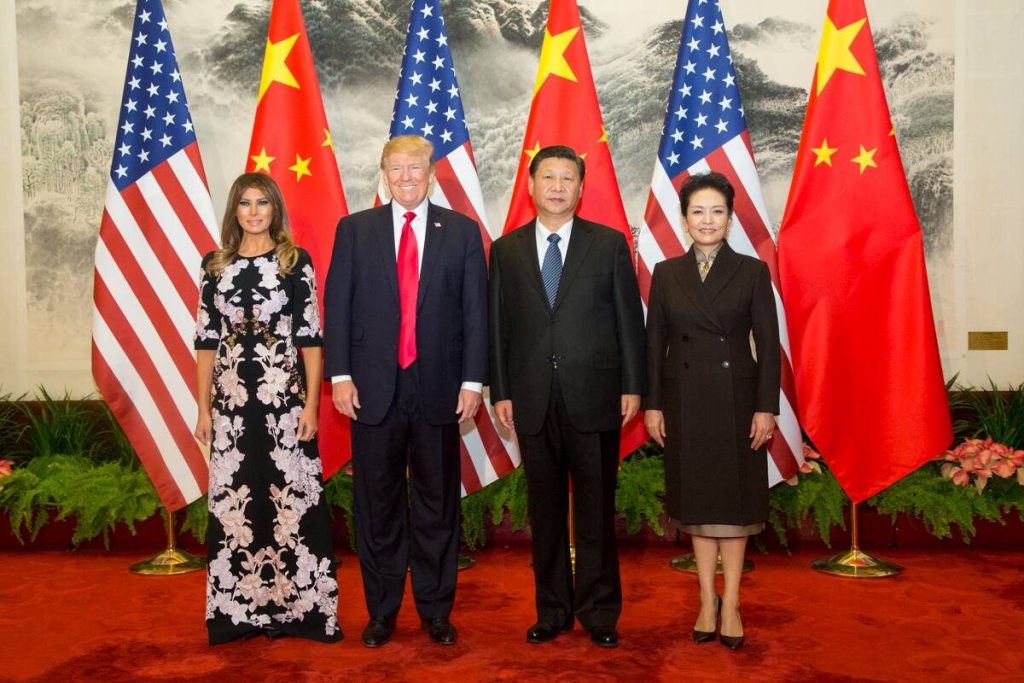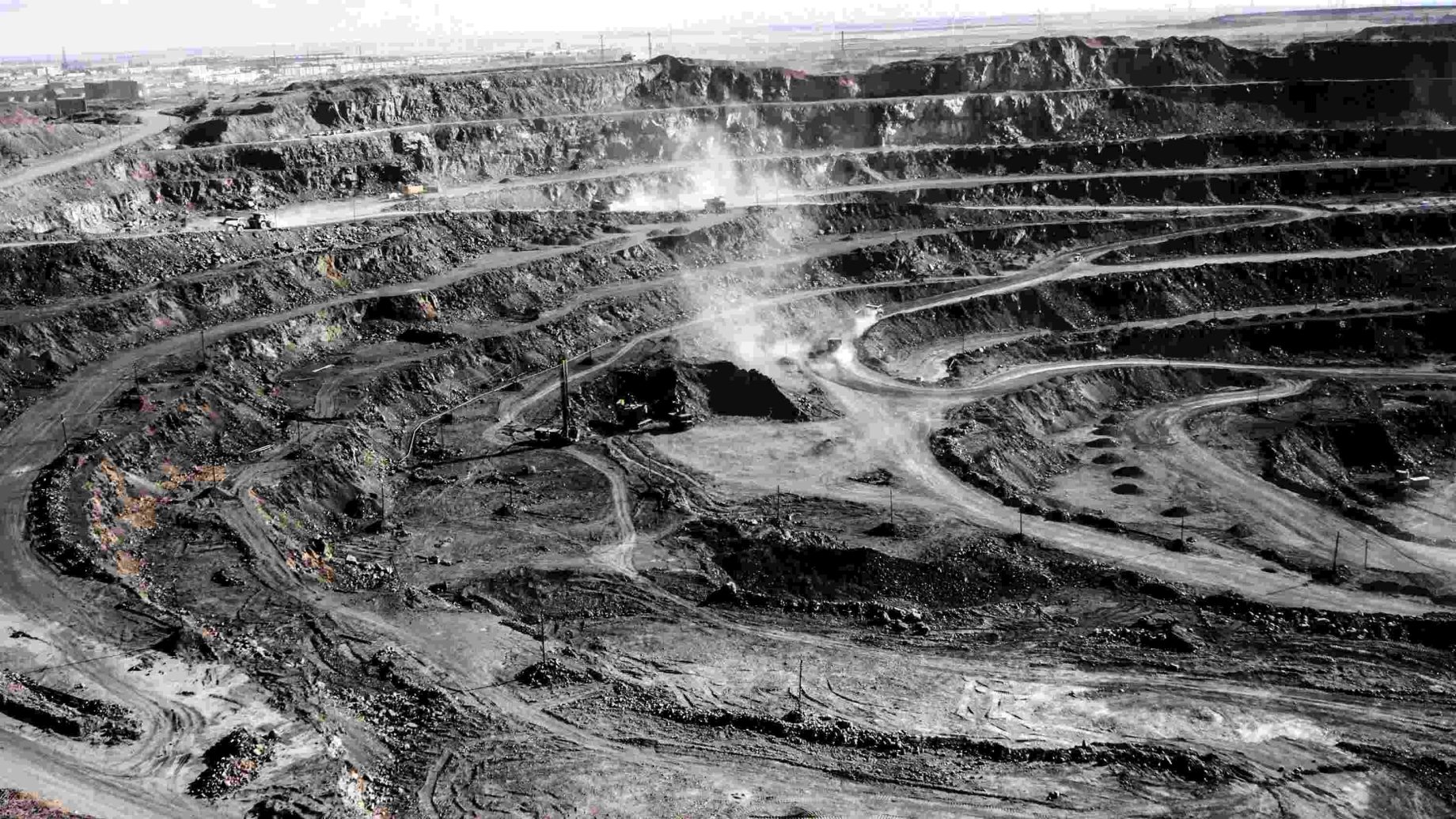China has defended its recent tightened export restrictions on rare earth minerals, describing the measures as lawful and necessary for safeguarding global security.
The new rules, announced on October 9, require foreign companies to obtain licences before exporting products containing more than 0.1% of rare earths sourced or processed in China, including related intellectual property and technologies. Exports intended for military use will be refused.
Chinese authorities expect these measures to cause limited disruption to global supply chains.
China controls around 70 to 90% of global rare earth production and dominates processing capacity. These elements are vital for high-tech industries including defence, electric vehicles, and AI technologies, making China’s export curbs a crucial tool in trade diplomacy.

In response, U.S. President Donald Trump announced on October 10 a 100% tariff on all Chinese imports from November 1, plus export restrictions on critical software. Trump criticised China’s rare earth policy, stating, “there is no way that China should be allowed to hold the World ‘captive’.” This led to a sharp $2 trillion drop in global stock markets.
China condemned the U.S. for “double standards,” pointing out Washington’s control list covers over 3,000 items compared to fewer than 1,000 on China’s list. China also announced reciprocal charges on U.S. ships docking at Chinese ports, mirroring American fees on Chinese vessels.
The escalation follows months of trade talks that produced some progress but now face renewed uncertainty. President Trump has threatened to cancel an upcoming meeting with President Xi Jinping scheduled for later this month at the Asia-Pacific Economic Cooperation forum.

